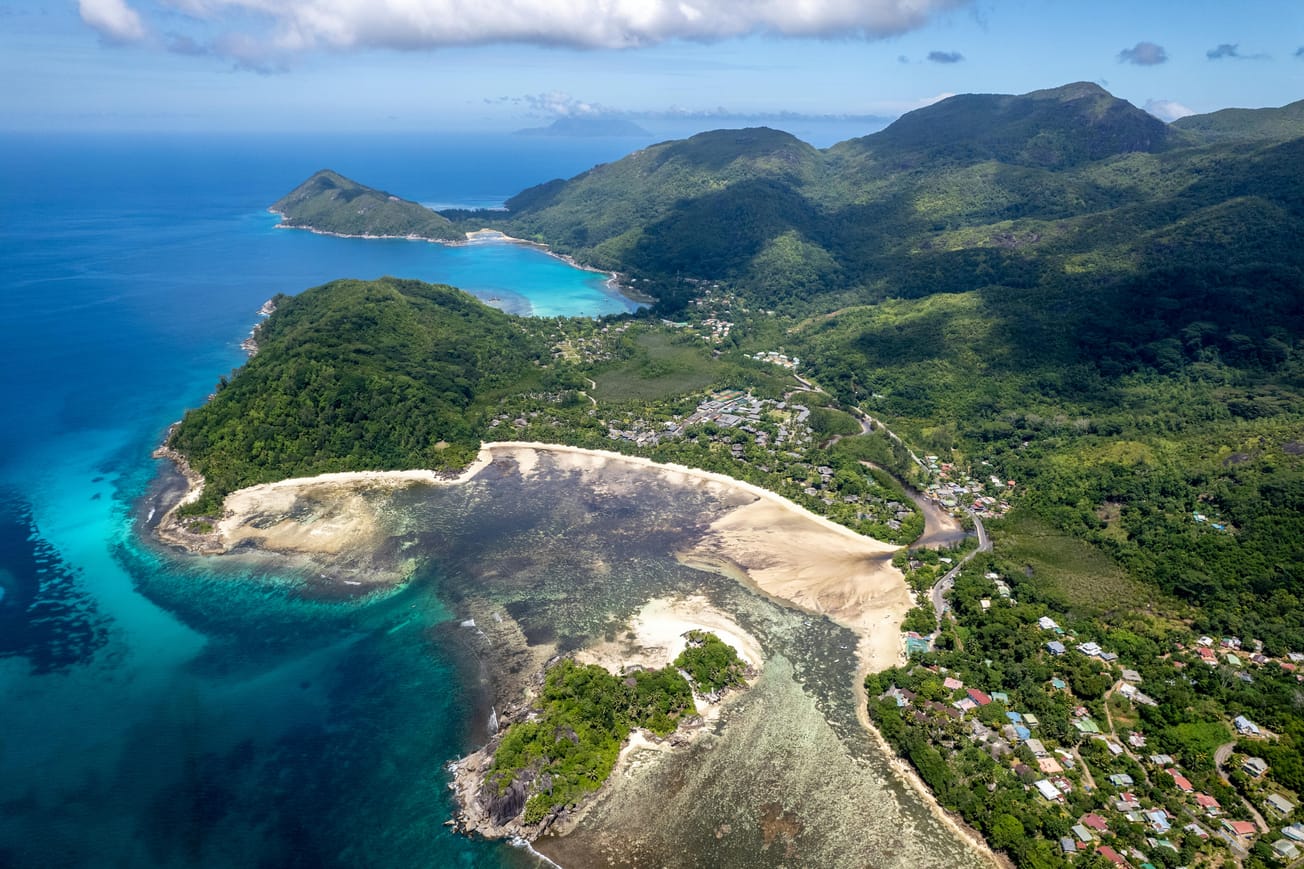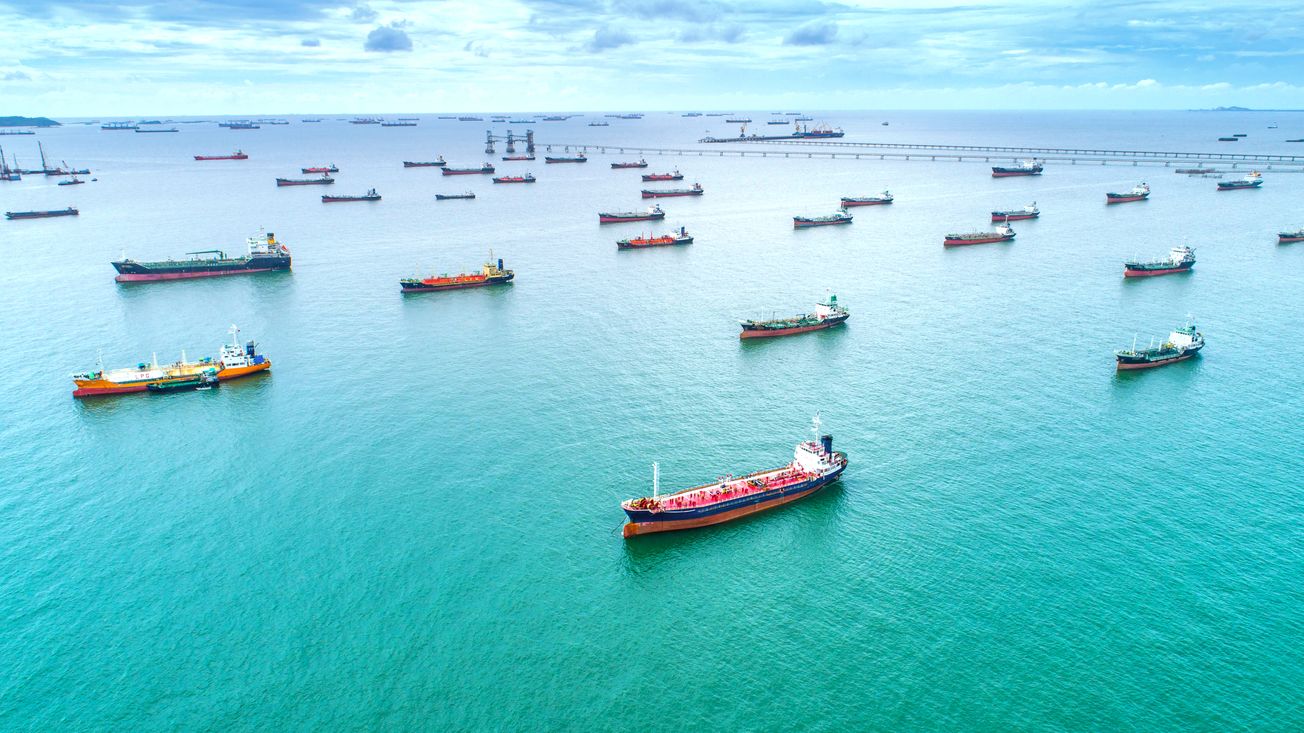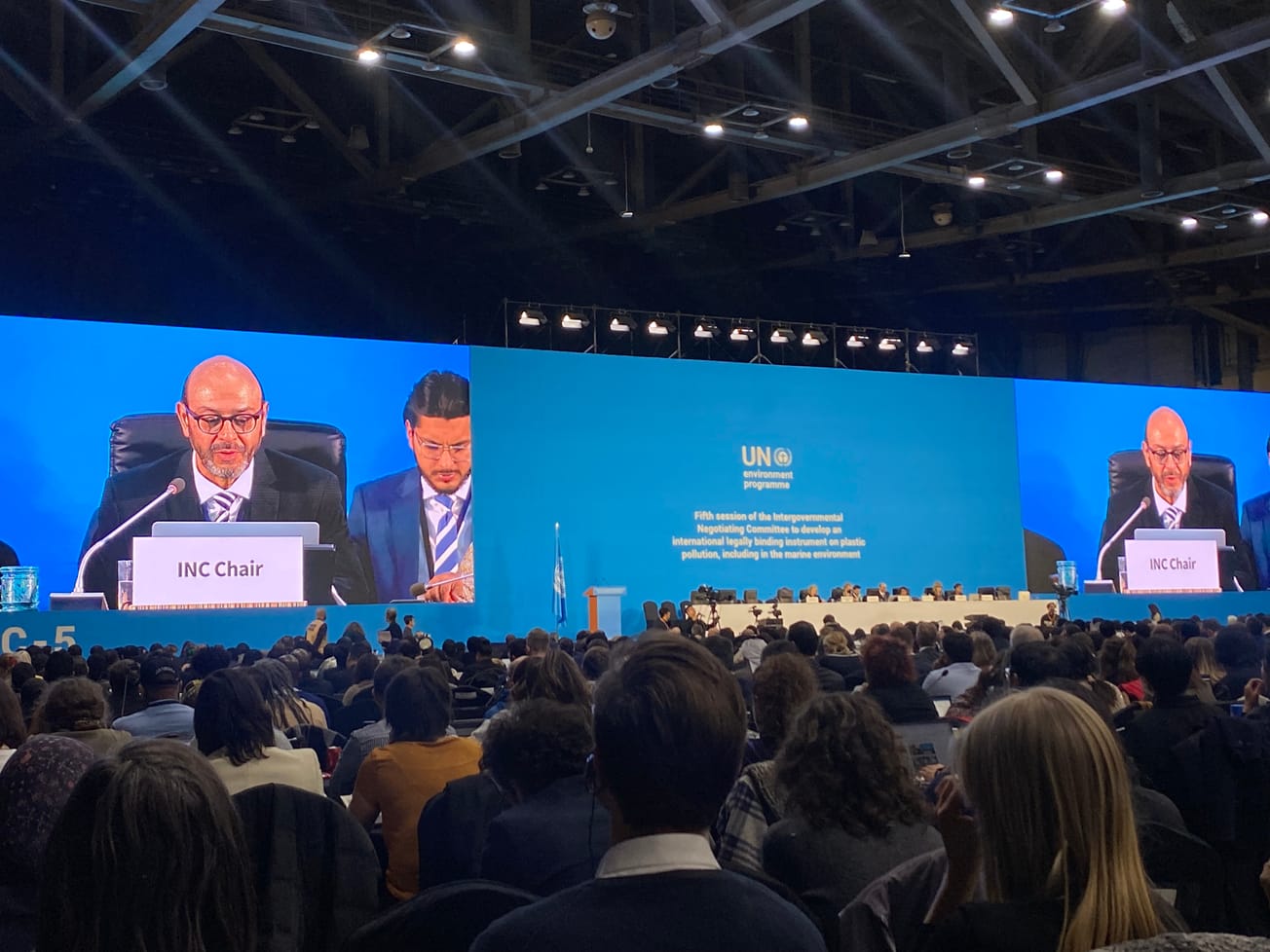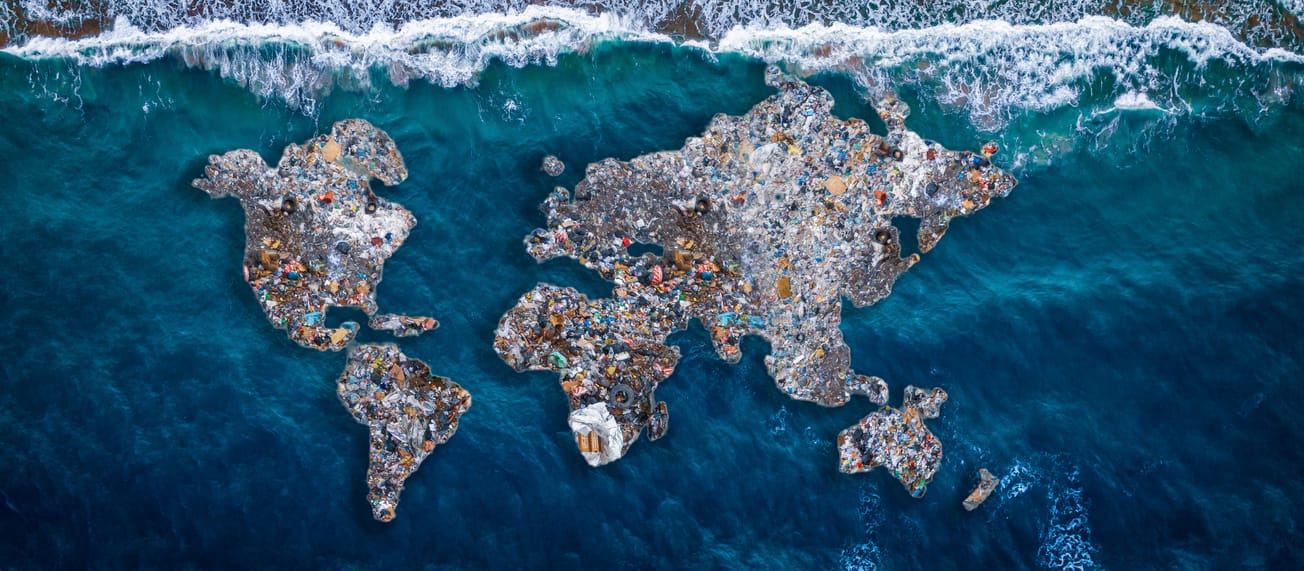At the Convention on Biological Diversity’s 16th Conference of the Parties (CBD COP16), which concluded in October 2024 in Cali, Colombia, Parties were expected to submit their National Biodiversity Strategies and Action Plans (NBSAPs) - i.e. their national strategies to deliver on the Global Biodiversity Framework, two years after its adoption.
For the first time, this process overlapped with the revision process of climate strategies (i.e. Nationally Determined Contributions a.k.a NDCs) by Parties to the UN Framework Convention on Climate Change (UNFCCC) by February 2025, thus opening a rare window of opportunity to foster alignment between Governments’ responses to biodiversity loss and climate change.
In this context, the policy brief outlines three main strategies to achieve such synergies, weaving a “blue thread” across national biodiversity and climate strategies.
- Developing a common, long-term strategy to integrate the UN Convention on Biological Diversity (CBD) and the UN Framework Convention on Climate Change (UNFCCC) can enhance policy coherence and alignment between national strategies, and thus, amplify their impact.
- The Ocean Breakthroughs can fast-track solutions articulated around five key sectors: marine conservation, aquatic food, offshore renewable energy, shipping and coastal tourism. By identifying turning points to reach by 2030 in each sector, the Ocean Breakthroughs can act as a powerful catalyst to connect ocean, climate and biodiversity goals.
- Numerous levers can already be activated to strengthen ocean-based solutions in national biodiversity and climate strategies, and support their integrated implementation. In addition to policy coherence, activating these levers can help optimise resources, from financial to human.
The policy brief aims to guide governments in including ocean-based climate solutions as a “blue thread” between their climate and biodiversity. It will be targeting policy-makers, as well as UNFCCC and CBD negotiators. It covers both the development and implementation stages of the strategies, and provide a set of concrete policy recommendations.
This policy brief results from the work led by the Ocean & Climate Platform and Blue Marine Foundation, supported by several partners: Deutsche Gesellschaft für Internationale Zusammenarbeit (GIZ), NDC Partnership, Plymouth Marine Laboratory (PML), Ocean Conservancy, Ørsted, The Nature Conservancy, The Pew Charitable Trusts, Rare, UNSW Centre for Sustainable Development Reform.










